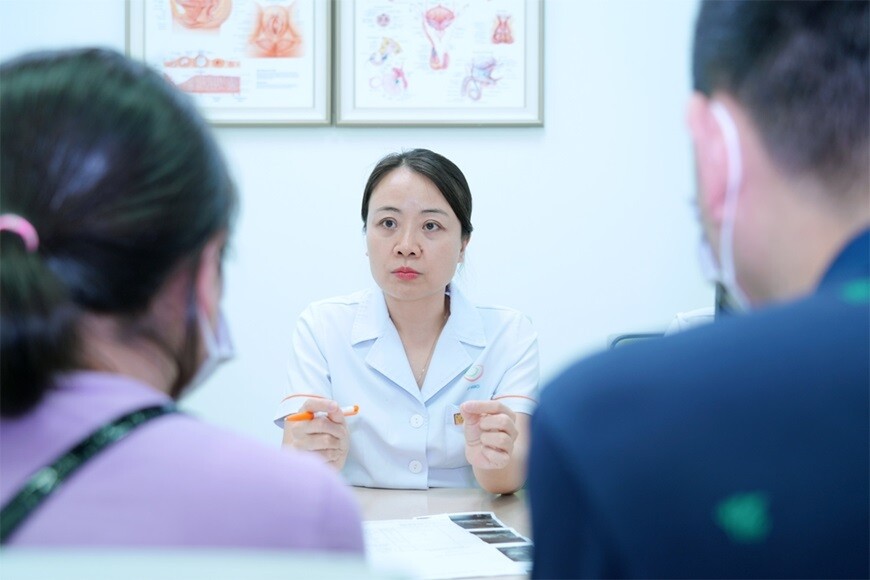
Regulations on donating sperm and oocyte
- Sperm and oocyte donors: No genetic diseases affecting the next generation; not suffering from a mental illness or another disease that makes them unable to perceive or control their behavior; not infected with HIV.
- Voluntary sperm donation, oocyte donation and only one center.
- Do not provide the name, age, address and picture of the sperm donor.
- The donor’s sperm and oocyte can only be used for one person. If the donor fails to give birth, it can be used for another person. In case of successful childbirth, unused sperm and oocyte must be destroyed or donated to a scientific research facility.
Regulations on donating embryo
- The couple has successfully treated for infertility and the residual embryo is no longer needed.
- Only receive up to 03 top qualified embryos (embryos of good and good quality or higher), proportionate to the wife’s age.
- The couple’s certification and full administrative papers are required.
Regulations on receiving sperm, oocyte, and embryo
- The sperm recipient must be the wife of a couple undergoing infertility treatment whose infertility is caused by the husband or a single woman who wants to have children and their oocyte is of good quality for conception.
- The oocyte recipient must be Vietnamese or Vietnamese origin and is the wife of a couple undergoing infertility treatment whose infertility is caused by the wife having no oocyte or the oocyte of poor quality for conception.
- Recipients of embryos must fall into one of the following cases:
– The wife in the couple is being treated for infertility and the cause of infertility is caused by both the wife and the husband.
– The wife in a couple undergoing treatment for infertility and the couple have performed in vitro fertilization but failed, except for surrogacy.
– Single women without oocyte or oocyte is not qualified to conceive.
- The recipient of sperm, oocyte or embryo must be healthy enough to perform in vitro fertilization, pregnancy and childbirth; not currently suffering from sexually transmitted diseases, HIV infection, infectious diseases of groups A, B; not have a genetic disease that affects the next generation, have no mental illness or have another disease that makes them unable to perceive and control their behavior.
- Do not provide the name, age, address and photo of the recipient of the sperm or embryo.
- Donors and receivers may required multiple consultation with the counselor



